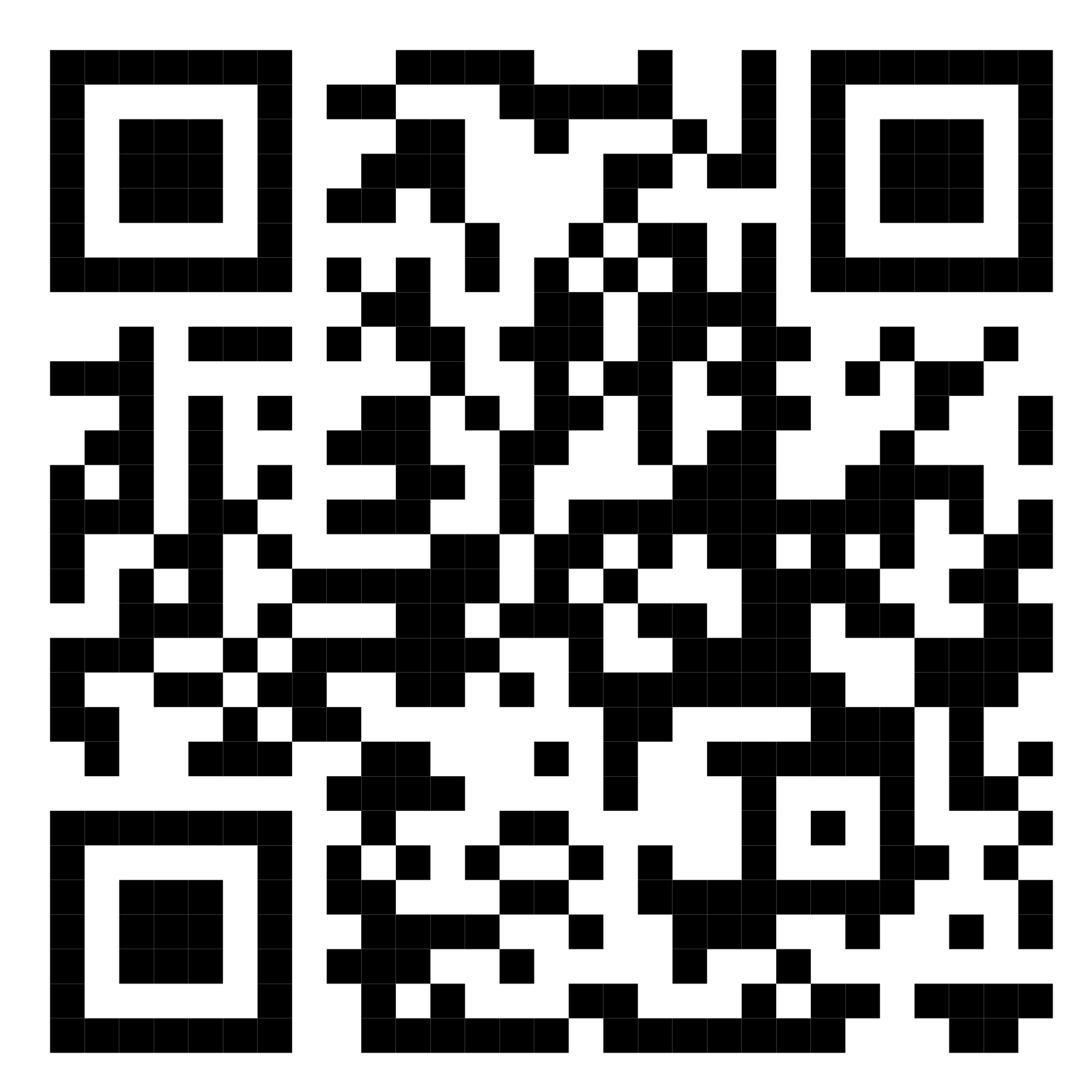Your cart is currently empty!
Start Your Journey Today
Unlock Your Potential with Expert Career Guidance & Mentorship
Are you ready to elevate your skills to new heights? With personalize coaching tailored to your unique needs.
Our team and trainers understand diverse career paths through insights from their respective diverse Professional Backgrounds
Wipro
Cognizant
Thomson Reuters
Teleperformance
Mahindra Satyam
Virtual Mentor Sessions
Coaching sessions from the comfort of your home.
Live Sessions
Facilitate real-time engagement between instructors.
Learning Paths
Create customized learning plans tailored to each student is needs.
Course Materials
Provide a wide range of educational materials, including videos,
Free online library
Provides access to a wealth of resources, including digitizes books.

Value Proposition
Each session is designed to
confidently navigate the transition from academia to the workplace or achieve your dream job !
Sustainable success
Experience the benefits of individualized attention
Role Play Learnings
Experience the benefits of role playing and overcome your fear of On Job tasks and activities
Top Courses
Our Featured Courses
Learn at your own pace with comprehensive materials and hands-on projects.

Learn Cloud Computing Essentials

30 Hours

Advance

Trust & Safety Fundamentals: Protecting Online Platforms

30 hours

Intermediate

Banking & Financial Services Essentials

30 hours

Intermediate

Unlock Your Potential through our Guidance
Become a part of a vibrant learning community where you can interact with peers, share insights, and collaborate on projects.
Don’t Go It Alone: The Value of Career Guidance for New Professionals
Here’s a breakdown of the key aspects:
1. Enhanced Self-Awareness for Purpose-Driven Careers:
- Go beyond skills: Career counselling now focuses more on helping freshers deeply understand their values, interests, and motivations in addition to their skills. Gen Z and the upcoming Gen Alpha are increasingly seeking purpose-driven work that aligns with their personal ethics and contributes to corporate social responsibility, diversity, equity, sustainability, and reducing environmental impact.
- Personalized guidance: Counselors provide tailored support and resources to navigate the vast career choices, ensuring decisions align with personal and professional milestones. This includes self-assessment tools and exercises to identify strengths and weaknesses.
- Understanding the bigger picture: While salary expectations are important, guidance helps freshers consider factors like career progression, training, company culture, and work-life balance to find the right fit for their long-term goals.
2. Navigating a Tech-Centric and Evolving Job Landscape:
- Digital literacy is crucial: With increasing reliance on technology and remote work, career guidance emphasizes the importance of digital literacy and skills for virtual collaboration.
- Focus on future-proof skills: Counselling highlights the growing demand for technology-centric roles, data analysis, AI and automation-related careers, and green revolution jobs. It helps freshers identify and acquire the necessary technical and soft skills (like adaptability, problem-solving, communication, and emotional intelligence) to stay competitive.
- Understanding AI’s impact: Guidance addresses how AI is reshaping industries and the skills needed to complement or work with AI-driven technologies, including AI risk management.
3. Strategic and Personalized Job Search:
- Beyond online applications: While job boards are useful, freshers are advised to leverage networking (including LinkedIn, industry events, and informational interviews) as a highly effective way to uncover opportunities, as many positions are filled through referrals.
- Personal Branding: Building a strong online professional presence, especially on platforms like LinkedIn, is crucial. This involves creating a professional profile showcasing skills and engaging in relevant discussions to position oneself as knowledgeable.
- Tailored Applications: Generic resumes and cover letters are no longer sufficient. Job search guidance emphasizes the importance of tailoring these documents to each specific job description, highlighting relevant skills and quantifiable achievements using keywords from the job posting.
- Interview Preparedness: Comprehensive interview preparation, including researching companies, practicing common questions (using the STAR method), and even utilizing AI-powered mock interview tools, is vital to make a strong impression.
- Persistence and Adaptability: The job search can be lengthy; therefore, maintaining a positive mindset, staying organized, and being open to feedback are crucial. Viewing each application and interview as a learning experience is key to continuous improvement.
4. Leveraging Career Services and Mentorship:
- University Career Services: Freshers and graduates are strongly encouraged to utilize their university’s career services for resume workshops, interview preparation, job fairs, and networking events. Career advisors can provide personalized guidance and connect individuals with relevant opportunities.
- Mentorship: Seeking out mentors who can provide advice, share industry insights, and offer guidance throughout the career journey is invaluable.
In essence, the latest insight emphasizes that freshers and graduates in 2025 need to be proactive in understanding themselves, adaptable to the changing job market, strategic in their job search, and resourceful in utilizing available support systems to navigate their career paths successfully.

